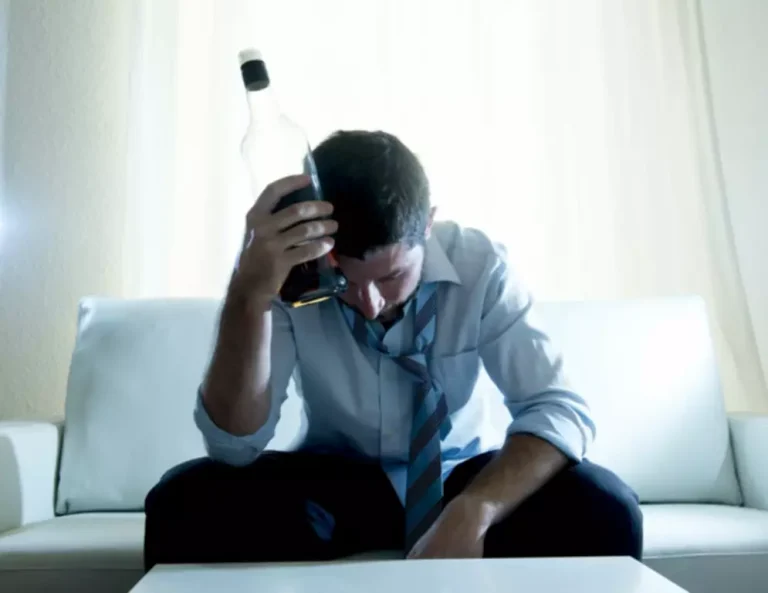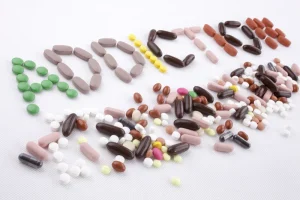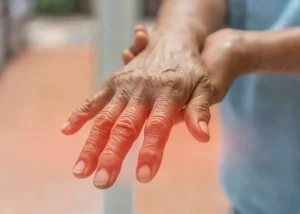Throwing Up After Drinking: How to Stop and How to Feel Better


The two main causes of alcohol shakes are alcohol withdrawal symptoms and alcohol-related brain damage. Alcohol tremors can also indicate a more severe form of alcohol withdrawal, called delirium tremens (DT’s). Delirium tremens is mainly characterized by tremors, hallucinations, disorientation, confusion, and increased heart rate/breathing rate/blood pressure. Delirium tremens is a much more serious form of alcohol tremors and usually appears a couple of days after someone ends an intense drinking binge.


Risks of Heavy Drinking


In particular, alcohol abuse can create a shortage of folate, thiamine, magnesium, zinc and phosphate. Medicines called benzodiazepines can lessen alcohol withdrawal symptoms. Commonly used medicines in this group include chlordiazepoxide (Librium) and lorazepam (Ativan).
Reasons You’re Not Staying Sober (+ What To Do About It)
The “New York Times” reports that excessive alcohol use is characterized by consuming more than 15 drinks per week for men and eight drinks per week for women. Drinking more than five drinks a day for men and more than four a day for women is also considered excessive. A sign that you’re dependent on drinking might be a daily routine that’s affected by or organized around your habitual drinking; https://ecosoberhouse.com/article/alcohol-and-anxiety-can-drinking-cause-panic-attacks/ for example, consistent tardiness at work because of hangovers. Fighting with your spouse, getting arrested for drinking and driving, and not remembering things you’ve said and done while drinking is also indicative of alcohol dependence. Alcohol withdrawal (alcohol withdrawal syndrome) is a range of symptoms that can happen if you stop or significantly reduce alcohol intake after long-term use.
Alcohol Tremors Explained (Alcohol Shakes & What They Mean)
These groups include those who have had drinking problems in the past and now offer support to people wishing to overcome their drinking habits. If you want a daily boost of protein without the sugary additives that some brands use, try Muscle Milk Zero. Each serving contains 20 grams of whey and casein protein and zero sugar.
- Alcohol withdrawal is easy to diagnose if you have typical symptoms that occur after you stop heavy, habitual drinking.
- Excessive drinking can reduce impulse control and coordination, leading to poor decision-making.
- Focus on a diet full of lean proteins like fish, chicken, lean meats, beans, lentils, nuts and nut butters, and nonfat dairy products.
- Family and close friends who understand and support your recovery goals are an invaluable asset to recovery.
- DTs can kick in anywhere from 48 to 72 hours after your last drink and can be life-threatening if not treated immediately.
- Immediate medical care is necessary for individuals experiencing delirium tremens [2].
DT’s are especially common if you do not eat enough during your drinking binge or have a long history of alcoholism. Hangover shakes are believed to be a result of changes in the nervous system that are similar to those seen in alcohol withdrawal syndrome. When alcohol leaves the body, the central nervous system and part of the sympathetic how to stop tremors from alcohol nervous system remain unbalanced, leading to symptoms like shaking and tremors [4]. Low blood sugar levels due to the impact of alcohol on the body’s ability to monitor blood sugar can also contribute to hangover shakes. When blood sugar drops, it can lead to shaking along with other hangover symptoms like sweating and headaches.
Not drinking enough water while sweating in hot summer weather contributes to dehydration, and adding alcohol to the mix can make this worse. Alcohol stops the hormone vasopressin from telling the kidneys to retain fluids, causing you to urinate more and lose additional fluids. Try eating something protein-rich before you start drinking, in order to slow the absorption of alcohol into the blood – eggs are good for this as they contain the amino acid cysteine. However, Nutt says that all food will stretch the stomach wall to release hormones, and the best food at a time like this is really whatever you find appealing. Be wary of coffee though – it might shake off some of the grogginess but it’s also a stimulant when you’re seeking calm.
Seeking Professional Help



Leave a Reply